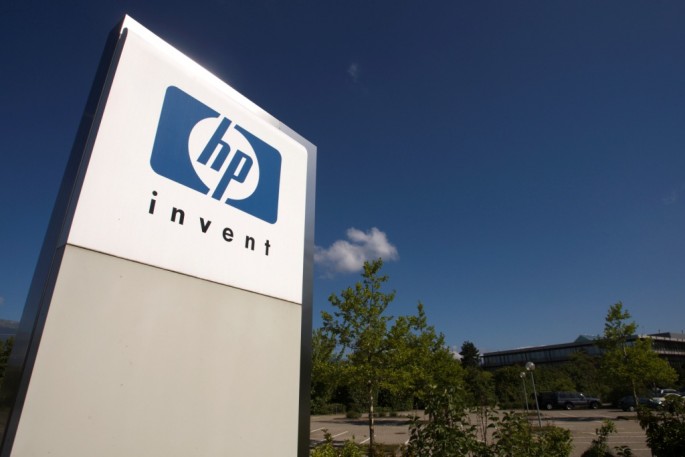Hewlett Packard is finding itself in a rare position of power in China as bidding for a controlling stake in its data-networking business in the country has led to an unusual tussle between two Chinese state-backed firms over who has the government’s backing.
The spat between China Huaxin Post and Telecommunication Economy Development Center and Tsinghua Unigroup over H3C Technologies Co., valued by HP at $5.5 billion, is drawing out sale negotiations and underlines the complexity of cross-border investment policies that Beijing has sought to reform, according to a report by Reuters published on Thursday.
On Feb. 15, China's National Development and Reform Commission (NDRC) approved Shanghai-based Huaxin's bid for a 51-percent stake in H3C Technologies, Reuters said, citing an approval letter they acquired from the NDRC.
Unigroup has since come in with a higher offer, but without approval from the commission, and is now in talks with the regulator for permission to pursue the bid, the report added.
China's government normally backs a single contender as major cross-border acquisitions head into advanced stages.
Both Huaxin and Unigroup have closed major cross-border technologies in recent years, with Huaxin acquiring an 85-percent stake in enterprise computing company Alcatel-Lucent, and Unigroup receiving a $1.5-billion investment from Intel.
Huaxin has contested the late offer by Unigroup, with Liu Jun, the company's vice president, saying that bidding in a sensitive industry should be limited to approved firms and that the NDRC would not allow another bidder.
Under Chinese law, the NDRC must approve outbound investments worth over $2 billion or are in sensitive industries, which could apply to the server and networking sector where Beijing is aiming to develop domestically amid fears of foreign cyberspying.
Following revelations made by former NSA contractor Edward Snowden of cyberspying programs involving American technology firms, Western tech companies have struggled to do business in China, and are now looking for domestic partners or selling off assets altogether to Chinese buyers.
Both the NDRC and Unigroup declined to comment, while an HP spokesman said the company does not comment on speculation.
Unauthorized bidding is very rare in China, but not unheard of.
In 2011, Sany Heavy Industry president Xiang Wenbo, upon hearing that rival Zoomlion had gained NDRC approval to purchase Putzmeister Group, flew to Germany to trump the deal.
Three years later, Tsinghua Unigroup took publicly traded semiconductor firm RDA Microelectronics private despite protests from Shanghai Pudong Science and Technology Investment Co., which had obtained approval from the NDRC.
NDRC's only recourse is to restrict Unigroup's capital from leaving China, said Xiong Jin, a partner at King & Wood Mallesons, adding that the saga shows the lack of enforcement mechanisms that punish unauthorized bidders.
HP sounded out around 10 Chinese prospective buyers since putting H3C up for sale a year ago. The U.S. firm has yet to pick a preferred bidder and is said to be in no rush to sell, although representatives from Huaxing and Unigroup are traveling to HP's Palo Alto headquarters to lobby their case, an individual with direct knowledge of the matter told Reuters.
"The development could bring not only a windfall in terms of money HP will get for its H3C Technologies unit, but will also allow it to choose between two potent partners to help consolidate its place as one of China's leading IT services providers," said Doug Young of Forbes Magazine.



























